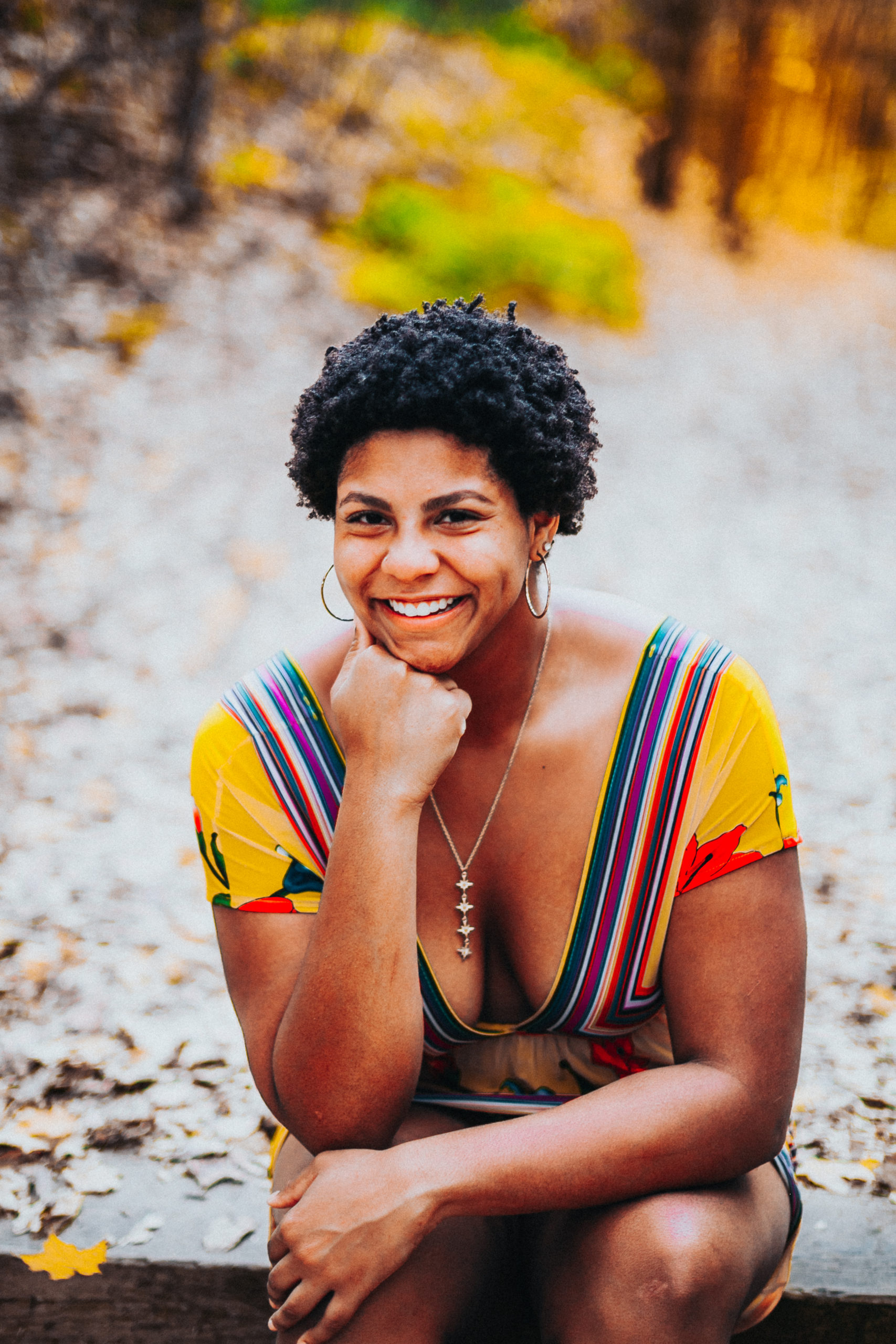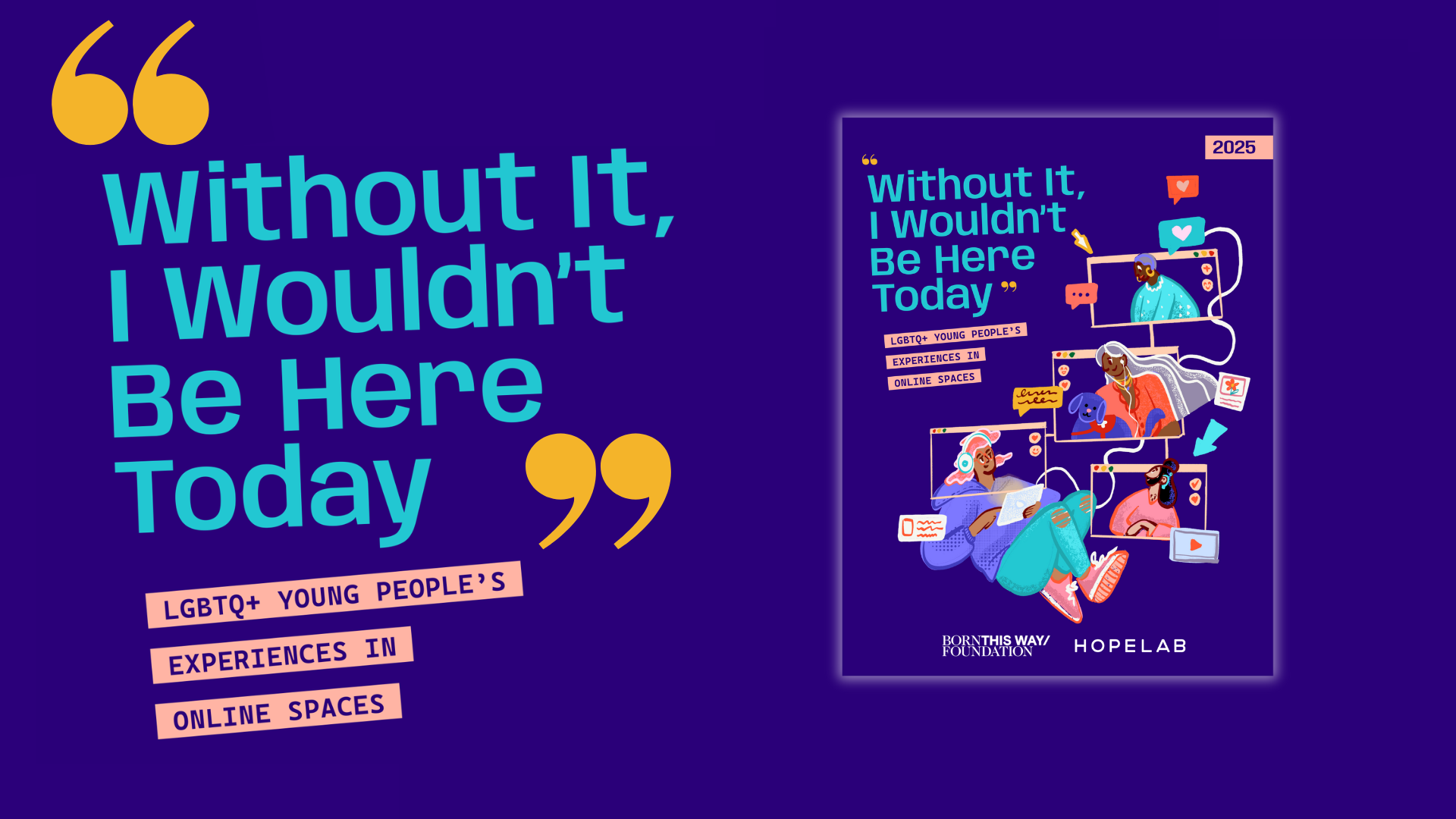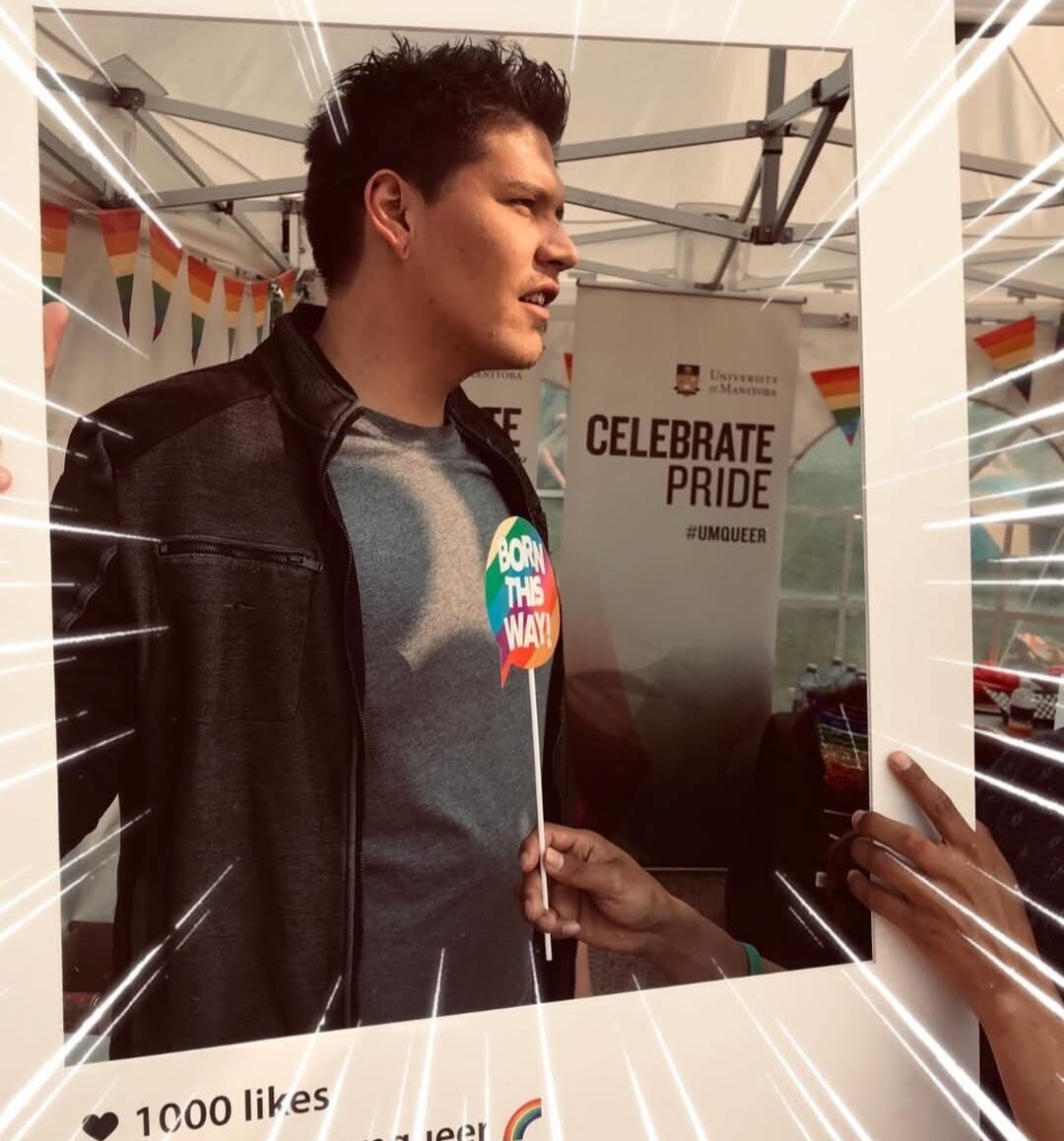For young LGBTQ+ kids, supportive affirmations can be lifesaving. But for youth nationwide, our right to affirmation and self-discovery are severely at risk.
During the adolescent development period, young people are actively trying to figure out who they are and find their place in this world. Growing up in a conservative school system as a Black lesbian woman, I struggled to explore my own sexuality due to a restrictive, conservative school environment. The messages I was receiving from adults in my life day to day caused me to battle with my identity and fall into depression and anxiety..
In my years spent at a predominantly white, Catholic, affluent private school, the majority of other students identified as cisgender and heterosexual, and had very little tolerance or acceptance for anyone who fell outside of those norms. Still, those students’ identities were reflected in every lesson, book, and teaching – their genders and sexualities weren’t deemed problematic for young people to learn about.
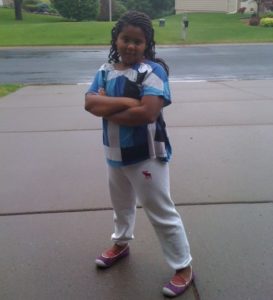
My school did not provide education about LGBTQIA+ movements, history, and community, something that all students need to learn, regardless of their sexuality. As an adolescent trying to come to terms with my own sexuality – and feel affirmed and proud in being a Black lesbian woman – it became increasingly clear that my school setting was not going to be accepting of the community I identify with. These factors quickly led to school becoming a hostile environment for me.
Within the last few months, this country has faced a surge in proposed legislation that would be harmful to everyone, but directly harmful to the LGBTQIA+ community, in ways that reflect the environment I grew up with. These bills will significantly impact young people’s ability to learn about their own gender and sexual expression. Current legislation includes bills like “Don’t Say Gay” – a bill that will forbid teachers to teach about LGBTQIA+ history, as well as prevent students with LGBTQIA+ family members from talking about their own families in the classroom.
Young people deserve to have words to describe themselves and their loved ones, and they deserve to be able to explore their identity without fear of backlash from the authority figures around them. LGBTQIA+ mental health has already been challenged by these laws: according to the Trevor Project, 85% of transgender and nonbinary youth and 66% of all LGBTQIA+ youth have been negatively impacted by recent debates around this legislation. We know that allowing young people the room to grow and discover during a crucial life stage can be lifesaving – so faced with laws that restrict young people’s right to affirmation and identity, it’s crucial that we learn how to take care of each other.
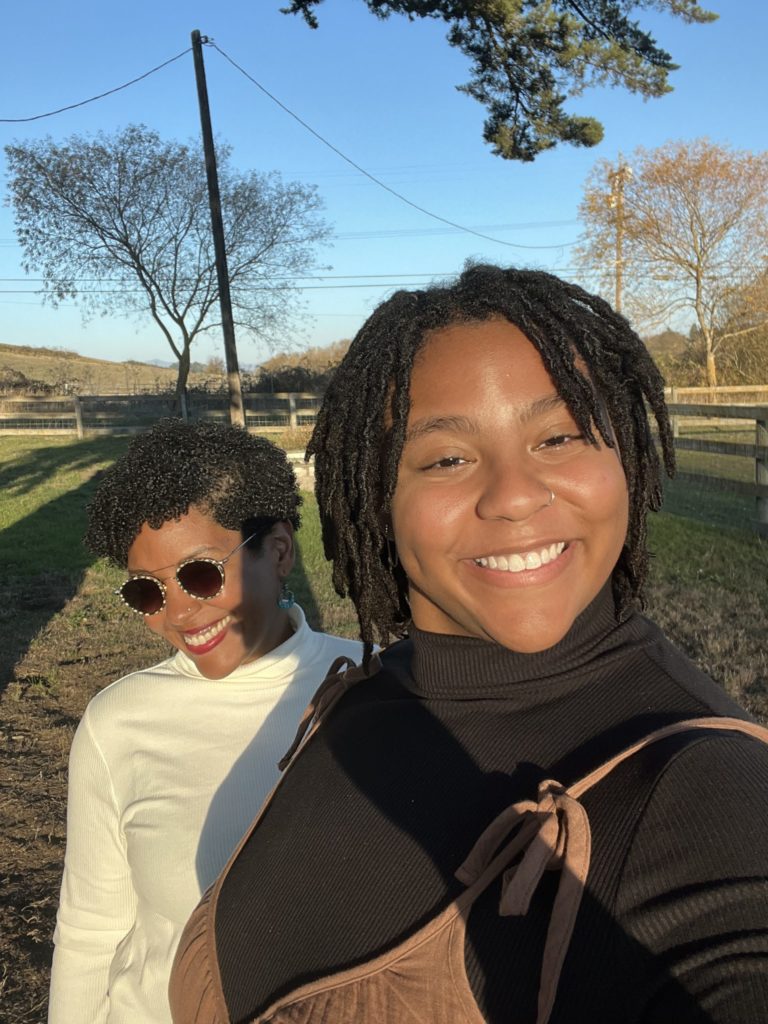
During my lowest points, my friends and family have always had the most influential impact on me. During my hard times, they enlisted different resources to learn about my mental health struggles and found ways to help me cope. By taking the time to educate themselves on mental health, they were able to provide me with the best support possible. The Be There Certificate is an example of a resource that allows people of all ages to learn about the complexity of mental health through real-life examples and stories. The Be There Certificate, like other educational resources, equips us with potentially life-saving tools and skills to help family, friends, and peers who are struggling, as so many are at this very moment.
We, as a nation, need to take a deeper look at how legislation and debate is directly impacting LGBTQIA+ mental health and take action to protect our loved ones’ wellbeing. One of the best ways to affirm and defend LGBTQIA+ youth in your life is to educate yourself, in the face of these challenges, to their self-identification. Take the time to demonstrate your care and commitment to those in your life: now, more than ever, we need one another.




